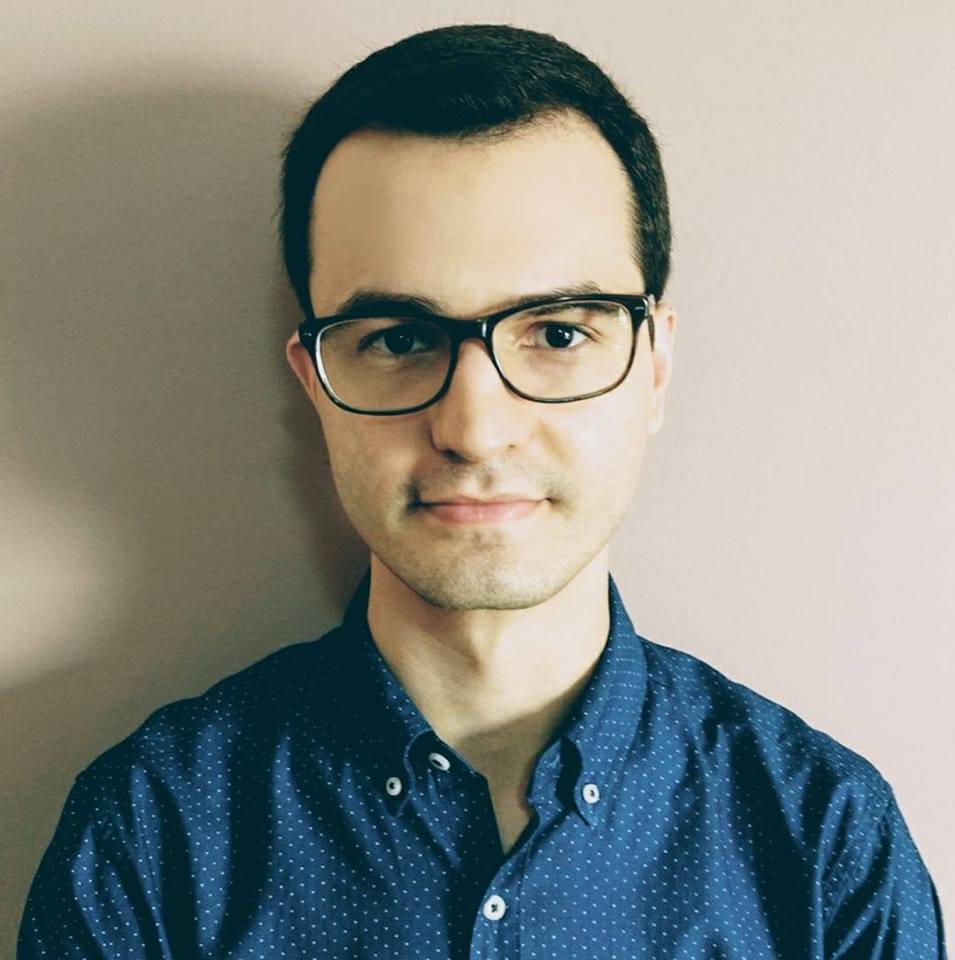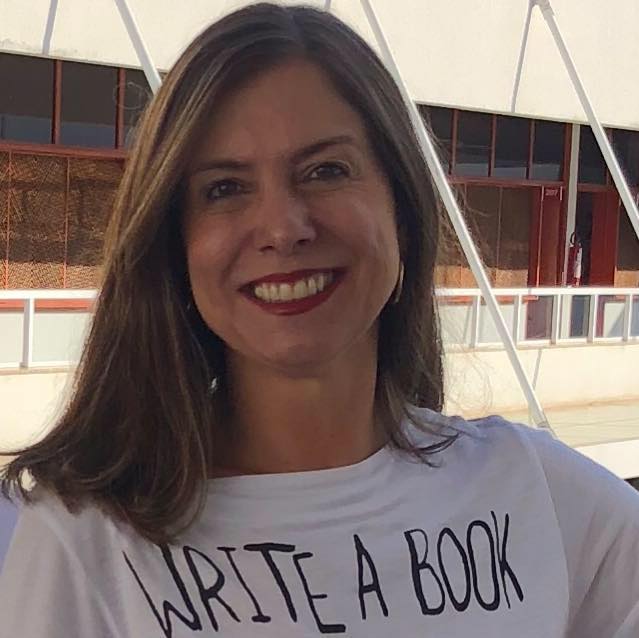Not Everybody was Kung Fu Fighting
When it comes to the topic of social media, most of us will readily agree that it has changed the way we communicate, work, enjoy ourselves and engage with the world around us. Where this agreement usually ends, however, is on the question of connectivity. While some are convinced that social media is far and away the greatest marketing and networking tool, others argue that it represents something closer to the downfall of our society as it is believed to increase the levels of narcissism and individualism.
Every so often these conflicting opinions are discussed among ELT professionals. On the one hand, social media supporters celebrate the fact that platforms such as Facebook and Instagram have served as launching pads for their own business. On the other hand, many teachers voice their concerns about the overwhelming amount of information available online and admit feeling increasingly anxious about keeping up with what their colleagues are creating and sharing. Like me, you may also relate to both sides.
My appreciation of social media certainly ebbs and flows, but I can safely say it’s ending this month on a high. Why? Well, sadly, I did not attend the BRAZ-TESOL International Conference in Caxias do Sul, but that doesn’t mean I was out of the loop. Thanks to very generous colleagues I was able to learn about some of their experiences taking part in the Pre-Conference Events (PCEs) run by the Special Interest Groups (SIGs), watching the plenaries, attending talks and participating in workshops and minicourses over a span of four days.
My Facebook and Instagram feeds were flooded with photos of dear friends and colleagues. Some were on their way, others had just arrived at the venue. Lots of them were presenting for the first or second time, and I couldn’t be happier to see their passion for sharing their perspectives on a wide range of topics and areas. From teaching young learners to teaching business English; from methodology to diversity, and the list goes on.
At this point I would like to raise an objection that has been inspired by the skeptic in me. He feels that I have implied that you don’t need to attend a conference to reap all the benefits such experience may offer. Although it is true that social media afforded me a glimpse of what was happening at Universidade de Caxias do Sul, I understand that a virtual peek at the conference highlights can by no means be compared to the real thing. What I would like to underline here is the significant role social media can play in professional development (PD).
The standard way of thinking about PD has it that in order to truly seek improvement one must be involved in formal contexts. In other words, conferences, courses, and workshops tend to be regarded as some of the few – for lack of a better word – “authentic” forms of professional development opportunities. As a result, being an active member of a Facebook group and watching recorded webinars on YouTube don’t carry much weight as far as professional growth is concerned.
This view seems to overlook the unique benefits each form of PD brings to the table. By following teachers’ updates on social media, for instance, I was able to get their personal perspectives on the event. Many shared their favourite quotes from the talks they attended, and some even posted photos of their personal notes, which proved to be particularly helpful for those who attended the same talk and wanted to revisit some specific insights from the presentation. A fine example of collaborative learning, don’t you think?
The reality is PD comes in all shapes and sizes. My takeaway from this experience is that we can find opportunities to evolve professionally while still respecting our limitations. Mental, physical, and financial health can and should be taken into consideration when deciding how you are going to make progress. If you know what direction you would like to take, it’s easier to make plans and find options to suit your needs.






